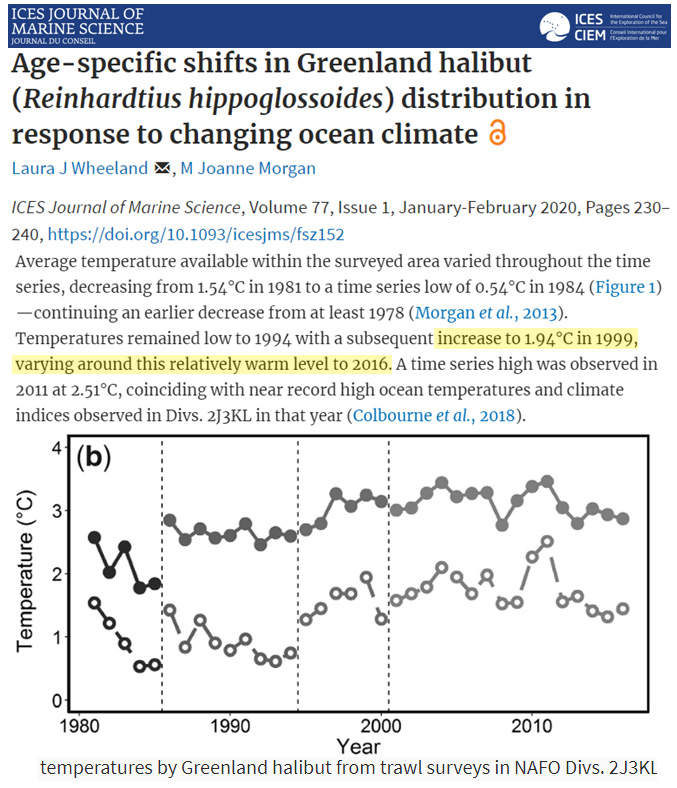- Joined
- Dec 3, 2017
- Messages
- 26,290
- Reaction score
- 16,771
- Gender
- Male
- Political Leaning
- Progressive
Climate change: warmer oceans could set off a year of extreme weather, US forecasters warn | South China Morning Post
The world’s oceans, especially the Gulf of Mexico, are warmer than average, as a result of climate change
The high temperatures have affected the Atlantic hurricane season, wildfires from the Amazon to Australia, and record heat and thunderstorms in the US
The world’s seas are simmering, with record high temperatures spurring concern among forecasters that the global warming effect may generate a chaotic year of extreme weather ahead.
Parts of the Atlantic, Pacific and Indian Oceans all hit the record books for warmth last month, according to the US National Centres for Environmental Information. The high temperatures could offer clues on the ferocity of the Atlantic hurricane season, the eruption of wildfires from the Amazon region to Australia, and whether the record heat and severe thunderstorms raking the southern US will continue.
================================================
This is the second forecast I've seen recently about a more active hurricane season this year.
The world’s oceans, especially the Gulf of Mexico, are warmer than average, as a result of climate change
The high temperatures have affected the Atlantic hurricane season, wildfires from the Amazon to Australia, and record heat and thunderstorms in the US
The world’s seas are simmering, with record high temperatures spurring concern among forecasters that the global warming effect may generate a chaotic year of extreme weather ahead.
Parts of the Atlantic, Pacific and Indian Oceans all hit the record books for warmth last month, according to the US National Centres for Environmental Information. The high temperatures could offer clues on the ferocity of the Atlantic hurricane season, the eruption of wildfires from the Amazon region to Australia, and whether the record heat and severe thunderstorms raking the southern US will continue.
================================================
This is the second forecast I've seen recently about a more active hurricane season this year.






